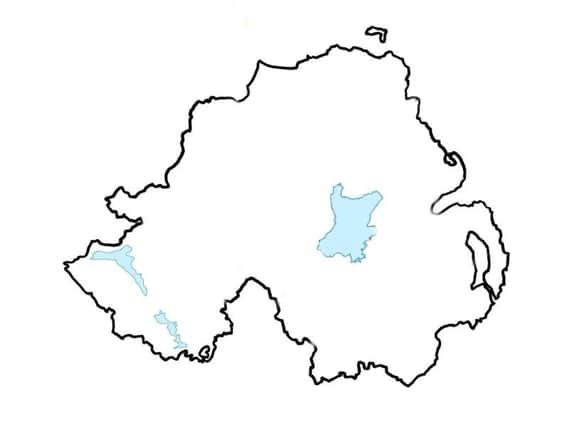Trevor Lunn: Brexiteers wanted '˜control of our borders' but if so a soft border is not possible


In Europe, there are three types of free movement – of people, of labour and of goods. The first is covered by the Schengen Zone, which allows passport-free travel across the frontiers of 26 European states and requires each state to have common entry requirements.
The UK and Ireland have their own Common Travel Area, which it may be possible to maintain, but the UK would be negotiating with the EU, not with Ireland, over the issue.
Advertisement
Hide AdAdvertisement
Hide AdLabour is covered by the European Economic Area, of which all EU member states are members plus Norway, Iceland and Liechtenstein. This allows free trade on the basis of common laws and free movement of workers.


This largely entails freedom from customs fees but this is not automatic and thus customs posts are required at the borders between Norway and Sweden, even though passport-free travel is in operation.
There are many arguing for the UK to remain in the EEA, which would make it easier to retain a relatively open frontier, but it would defeat the object of “controlling our own borders”.
Goods and services are covered by the European Union Customs Union, which incorporates the whole of the EU plus Turkey and others. This establishes a single customs policy and entails EU trade deals apply to the whole area.
Advertisement
Hide AdAdvertisement
Hide AdThe UK could remain part of this and avoid customs checks between it and the EU, but that would remove the ability to “do its own trade deals”.


The UK and Ireland have long had an arrangement of trusting each other to control their frontiers. However, if the purpose of leaving the EU is to “control our borders” and “do our own trade deals,” no such arrangement is possible.
Like much of the Leave argument, it has not been thought through. While the UK could exit the EU and retain an open border with it, politically that may be regarded as defeating the whole point of leaving. But with many Brexiteers desperate to still be represented in the EU and retain EU funding, the question has to be asked – what exactly is the purpose of leaving in the first place?
• Mr Lunn is Alliance MLA Lagan Valley